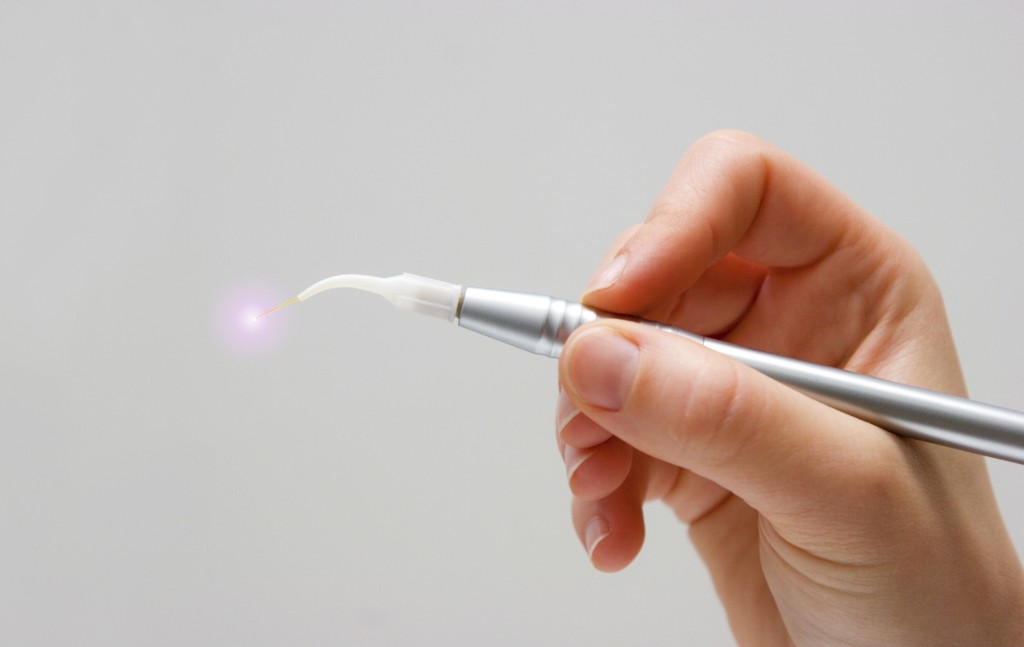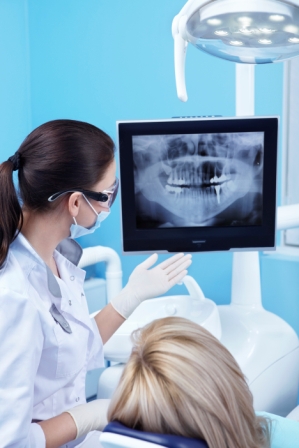
As the parent of a baby, you’re probably eager to get everything right and ensure your baby is fit and healthy in every way possible. That will no doubt include their oral hygiene. So, when should you start brushing your baby’s gums? It’s a question that many new parents ask, and it’s an important one. You definitely should brush your baby’s gums. To find out how to do this effectively, read on.
When to Start
Knowing the right time to start brushing your baby’s gums might be confusing, but it’s not too difficult. You can start cleaning their gums from a very early age. It won’t be as important very early on, but there’s nothing wrong with getting into the habit of cleaning them gently. Your routine will change as you start also brushing their teeth as they come through.
How To Do It
When cleaning your baby’s gums, you obviously shouldn’t use a regular toothbrush because this would be far too harsh. Instead, use a soft, damp cloth. You could also use a silicone finger brush that slips onto the end of your finger and allows you to clean your baby’s gums that way. It’s comfortable for them, and it’s straightforward for you as well, so everyone wins!
The Right Times To Clean Their Gums
It makes the most sense to clean your baby’s gums after eating. This makes sure that no debris is left and that bacteria can’t start to grow on their gums. If you clean them after each time they eat, that’ll be all you need to do for the time being. You can start to establish different teeth cleaning routines as they get a bit older, and their oral health and care needs change.
What To Do If They Hate It
If your baby really hates the process of having their gums cleaned, you might be unsure what to do about it. Of course, it’s crucial that you can clean them, but you don’t want to cause baby discomfort. Go slowly and be gentle when cleaning them. Make it into a fun game and sing a song too because that often works. Anything that turns it into a fun game will make it more enjoyable for them.
Teaching Them To Brush Their Teeth And Gums
Teaching them how to brush their own teeth and gums will be an essential step as well. This is something that you can start doing early on. Show them what you’re doing and how it’s done, even if they’re not old enough to understand why it’s happening. They can then get familiar with the process and what needs to be done. This will help them develop good dental care habits when they grow up.
Schedule An Appointment Today
If you have any other questions or you’d like to arrange an appointment for your baby at Sherman Oaks, we’d be more than happy to help you with that. Get in touch, and a member of our team will arrange a time for you and your baby to visit that suits your schedule.












 What parent isn’t busy? We know that it takes time to schedule appointments for everyone in your family. It is hard to balance all of the places you and your kids need to be on a daily basis. You should not have to do the same for your dentist appointments. But what is the difference between a general and a family dentist? Learn here and why you should choose Sherman Oaks Dental as your Naperville family dentist.
What parent isn’t busy? We know that it takes time to schedule appointments for everyone in your family. It is hard to balance all of the places you and your kids need to be on a daily basis. You should not have to do the same for your dentist appointments. But what is the difference between a general and a family dentist? Learn here and why you should choose Sherman Oaks Dental as your Naperville family dentist.



 .
.












 The definition of oral cancer: Cancer that forms in the tissue of the oral cavity (mouth), part of the throat, and the back of the mouth. The average of oral cancer deaths is 67 years. One in 93 men and women will be diagnosed with oral cancer during their lifetime. Here are some facts about oral cancer that you may not realize. This collection of data is from the National Institute of Dental and Craniofacial Research.
The definition of oral cancer: Cancer that forms in the tissue of the oral cavity (mouth), part of the throat, and the back of the mouth. The average of oral cancer deaths is 67 years. One in 93 men and women will be diagnosed with oral cancer during their lifetime. Here are some facts about oral cancer that you may not realize. This collection of data is from the National Institute of Dental and Craniofacial Research.